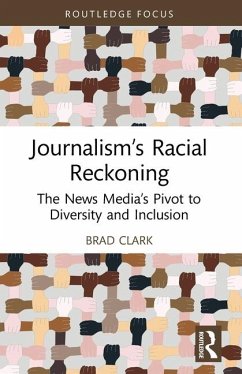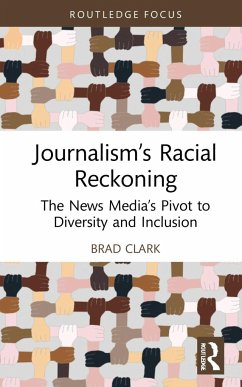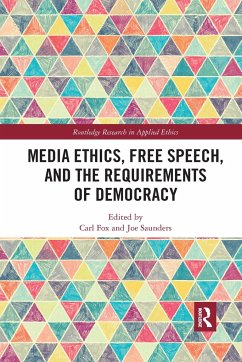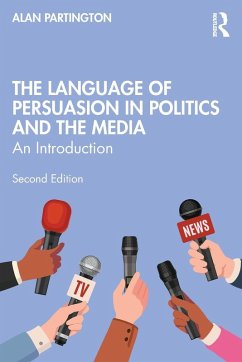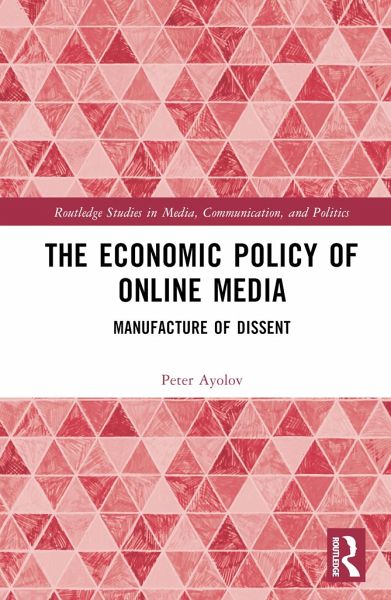
The Economic Policy of Online Media
Manufacture of Dissent
Versandkostenfrei!
Versandfertig in über 4 Wochen
159,99 €
inkl. MwSt.

PAYBACK Punkte
80 °P sammeln!
This book explores the distortion of communication online, centred around the theory that the economic policy model of online media is primarily based on the systematic manufacture of dissent.



